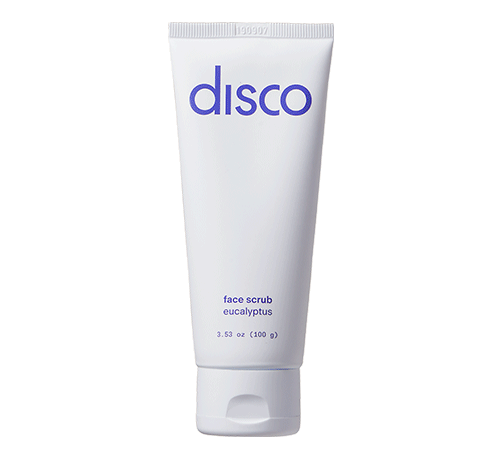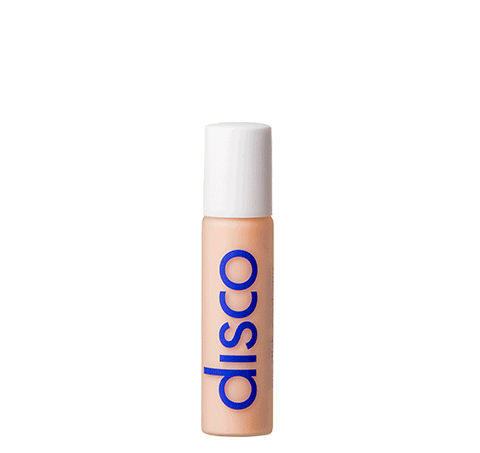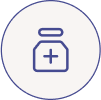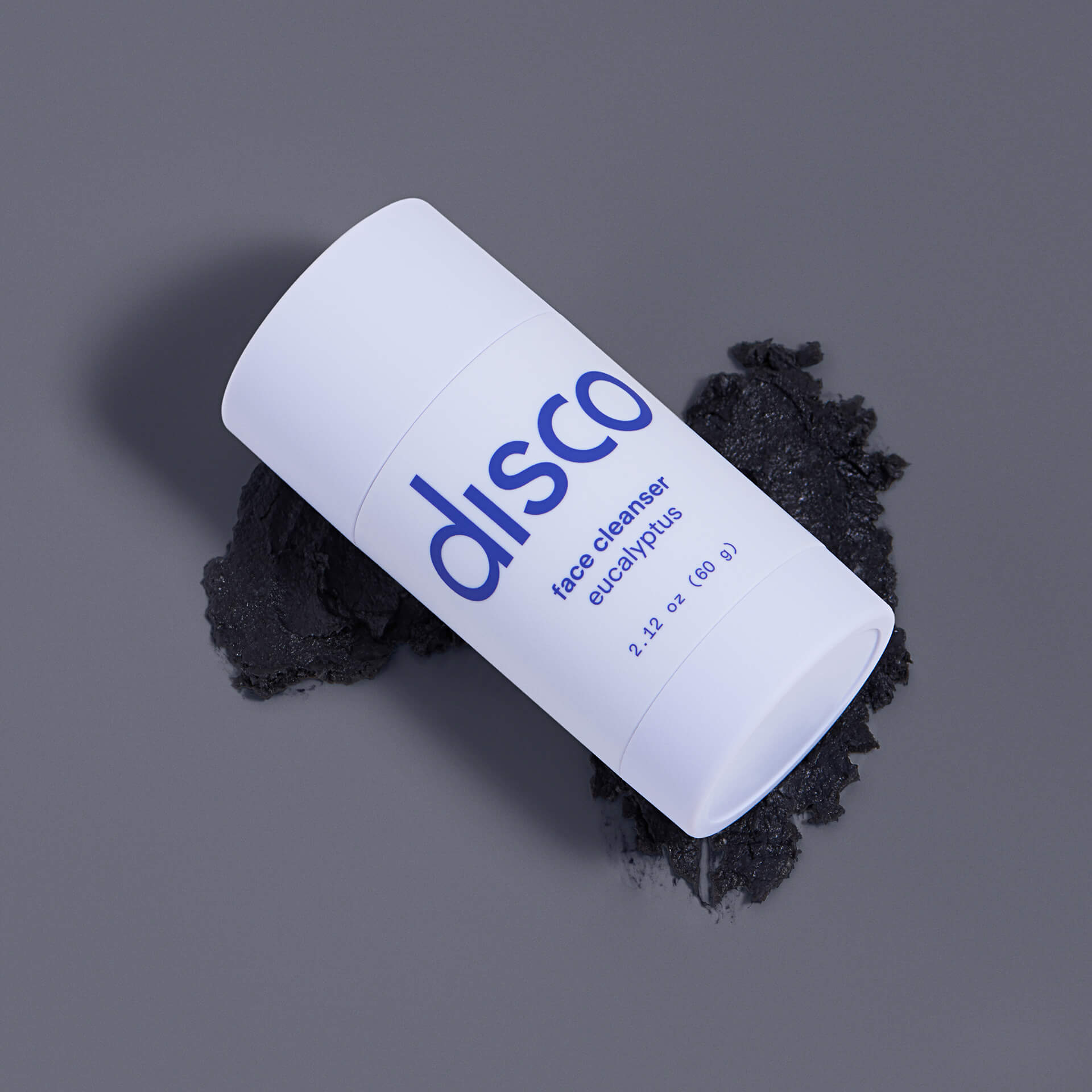Acne can be an uncomfortable and frustrating skin condition to manage and alleviate. Most of us have or will experience acne, breakouts, and blemishes at one point or another. The most common period to experience frequent acne is during the age of puberty, when hormones cause increased sebum production, resulting in higher oil amounts on the face.
However, adult acne is still prevalent even long after puberty has ended. The best way to manage acne as an adult is to practice healthy lifestyle habits for prevention, and practice a diligent skincare routine with products formulated to both prevent and alleviate breakouts and blemishes.
Everyone has a different skin type and likewise, a different routine and set of products that will work best for their skin in preventing and treating acne. Whether you have oily, acne-prone skin, dry skin, or a combination of both; you can better inform yourself on preventions and treatments needed for treating all kinds of acne, blemishes, and breakouts.
Types of Acne
One way to categorize acne is to divide it into inflammatory and non-inflammatory.
Noninflammatory acne is usually more nondescript, unnoticeable, and easier to treat. It can be used to describe clogged pores that appear as dark spots (blackheads), or small white bumps or blemishes.
Inflammatory acne is a bit more difficult to manage. It will appear red and more pronounced on the skin. These types of acne blemishes range from pustules, papules, nodules, and cysts. Pustules are pus-filled bumps that can turn into papules, nodules, and cysts if untreated. These are typically more painful than noninflammatory acne.
Causes of Acne
Those who may experience adult acne know the frustration of nailing down a root cause. Unfortunately, there is a wide range of causes of acne. But by better understanding your lifestyle, skin type, and skincare routine, you can gain a better idea of what may be causing your acne, and better understand how to prevent future breakouts.
3 Top Causes of Acne
-
Hormones: Hormones in both men and women can contribute to excess oil production from the glands on the face. Sebum is the oil that is excreted from our pores, which keeps the face naturally lubricated. Overproduction of oil, leading to acne, is typically a result of hormonal changes within the body.
-
Oil: When oil and dead skin cells crowd the pores, a blocking effect can occur. This leads to clogged, enlarged pores, dark bumps called blackheads and further breakouts.
-
Bacteria: Bacteria can infect open pores in the face, thus blocking sebum from leaving the pores or hair follicles. This blockage leads to breakouts and acne.
5 Skincare Hacks to Incorporate for Acne-Prone Skin
If you regularly struggle with acne or unexpected breakouts, you should try these 5 skincare hacks before consulting a professional or dermatologist.
Almost no one is untouched by the struggles of acne and breakouts, and these tips will help you target what could be contributing to unexpected blemishes. Furthermore, you can turn to skincare products to help alleviate acne, prevent future breakouts, and spot-treat problem areas. If the problem persists or worsens, consult your doctor on prescription medications.
Clogged Pores and Blackheads: What Skincare Products Will Help?
Clogged pores and blackheads tend to fall under the category of non-inflammatory acne. These can look like small white or dark bumps on the skin, and tend to be neutral and less prominent.
The best skincare products to use for blackheads and small blemishes are those that have ingredients like Salicylic Acid, Retinoids, Niacinamide, and Vitamin C. Salicylic Acid is excellent for relieving clogged pores and can spot-treat blemishes. Retinoids are powerful anti-aging ingredients that can resurface the skin tone and texture, alleviating those small, bumpy blemishes.
Face masks and exfoliating products are great choices for preventing and treating clogged pores and non-inflammatory acne. Clay face masks applied directly to the skin, can effectively detoxify the pores, pull out dirt, oil, and bacteria, and treat acne with gentle, non-inflammatory ingredients like Charcoal, Bentonite Clay, and Willow Bark Extract. Try the Disco Rejuvenating Face Mask for an effective, yet gentle face mask option.
Whiteheads and Pimples: What Skincare Products Will Help?
Pimples tend to be pus-filled blemishes, and can, unfortunately, be more difficult or messy to alleviate. Also known as whiteheads, this type of acne is inflammatory, meaning it’s often red, inflamed, and very sensitive to harsh chemicals, friction, exfoliants, and free radicals.
The best spot treatment for inflammatory acne is benzoyl peroxide, which effectively dries out the pus-filled center of the pustule. You should also consider gentle toners that will treat the acne breakouts with chemical exfoliants. For an overnight solution for a larger pimple or pustule, try the Disco Overnight Pimple Sticker. Formulated with dissolving microneedles that deliver acne-fighting ingredients straight to the source of the blemish, the sticker effectively dissolves and shrinks the pimple overnight with Centella Leaf, Salicylic Acid, and Madacassoside.


































